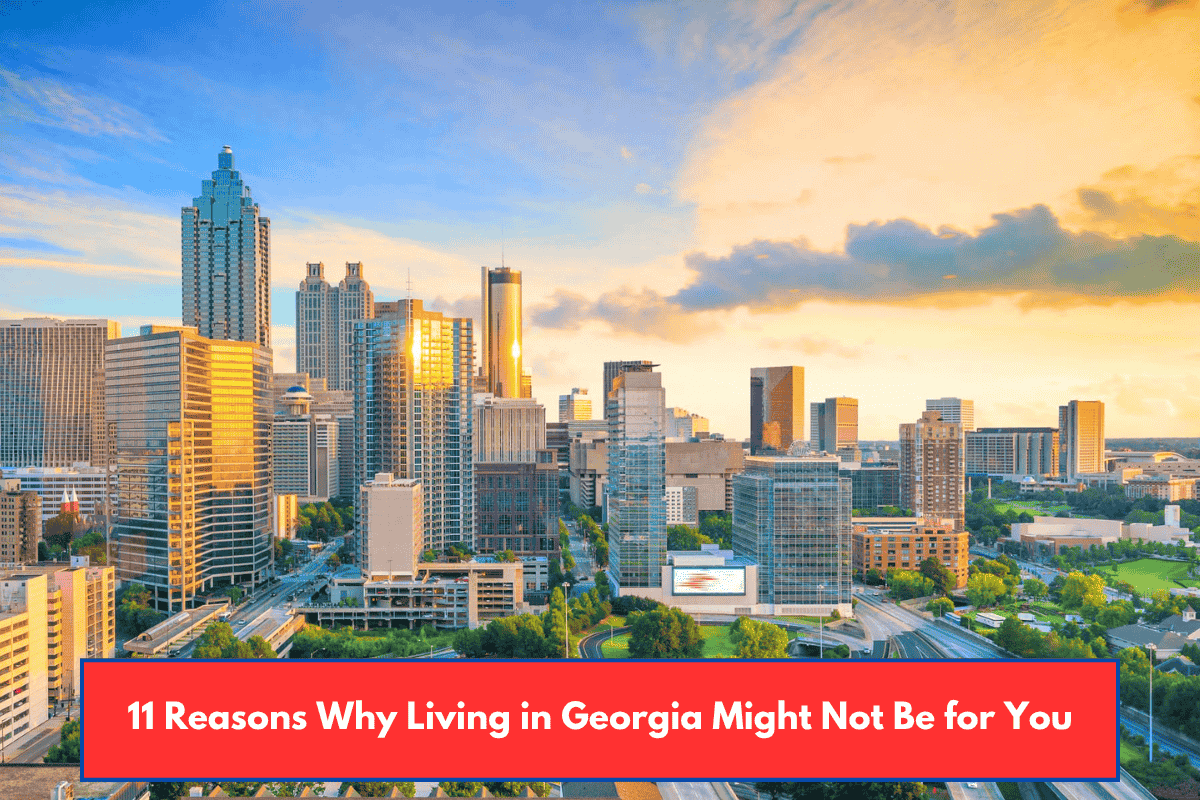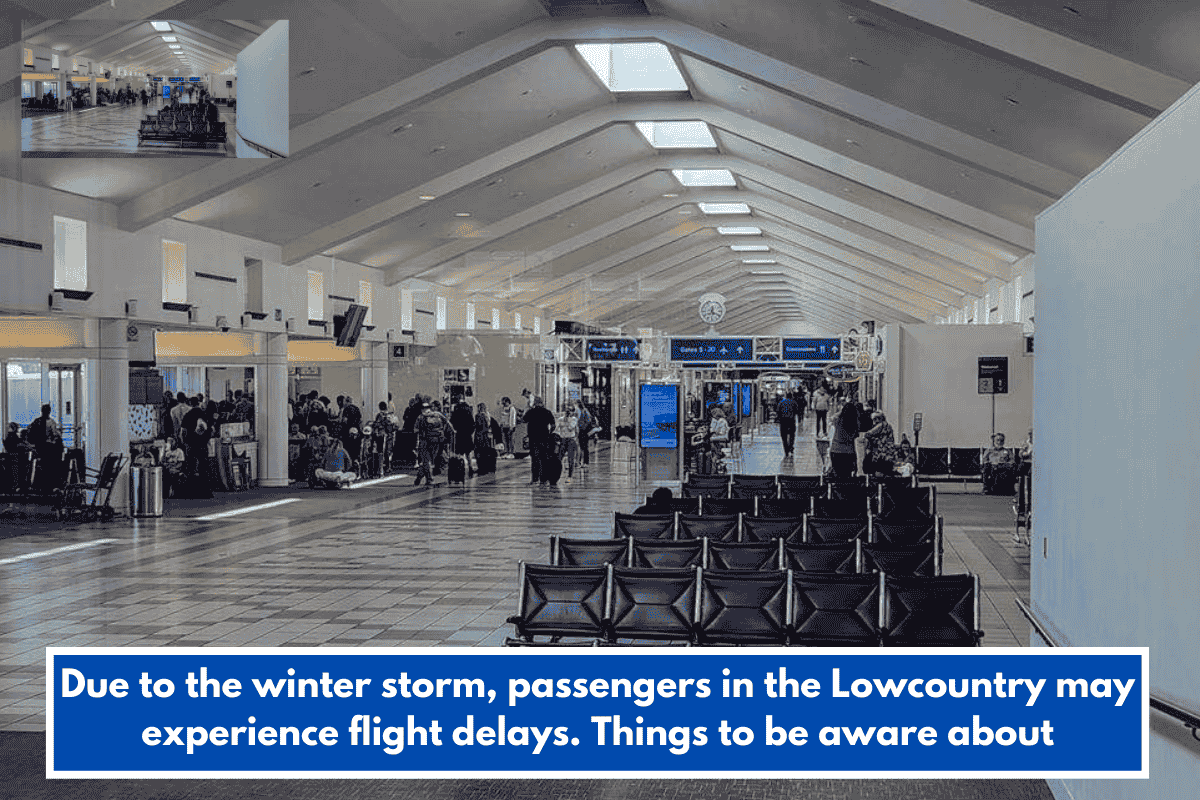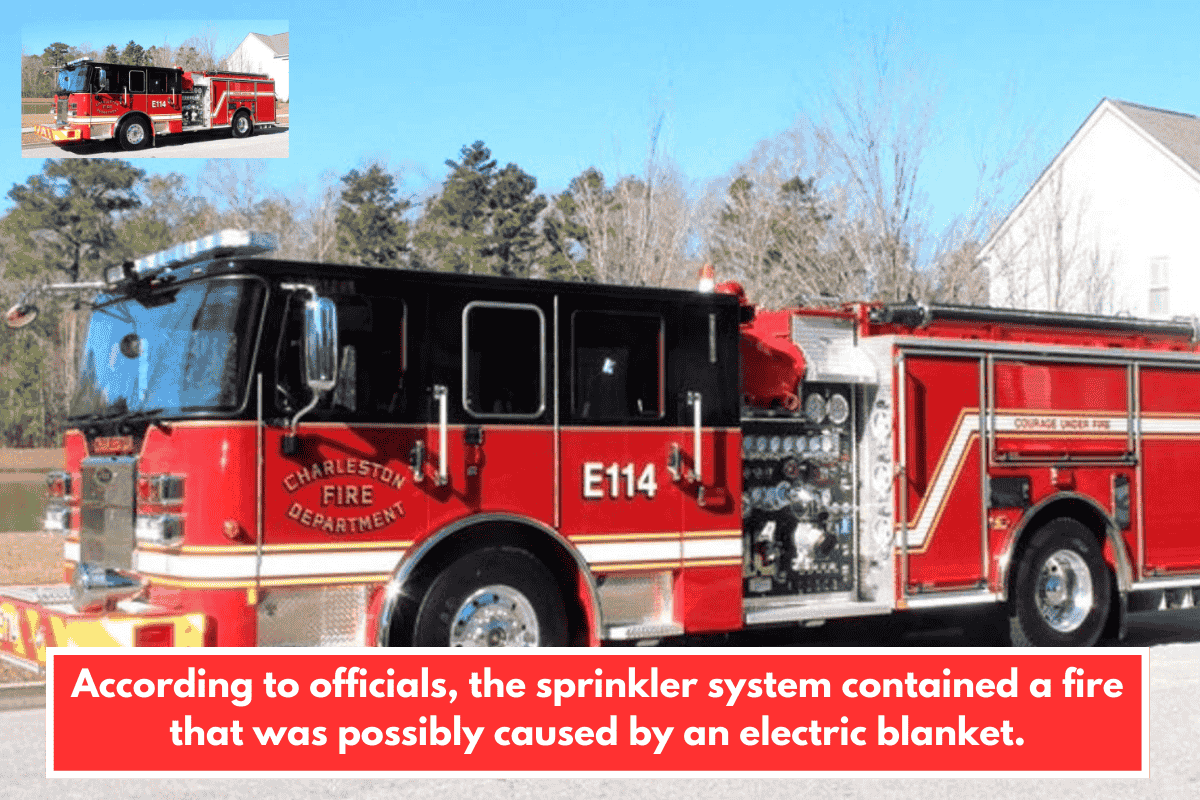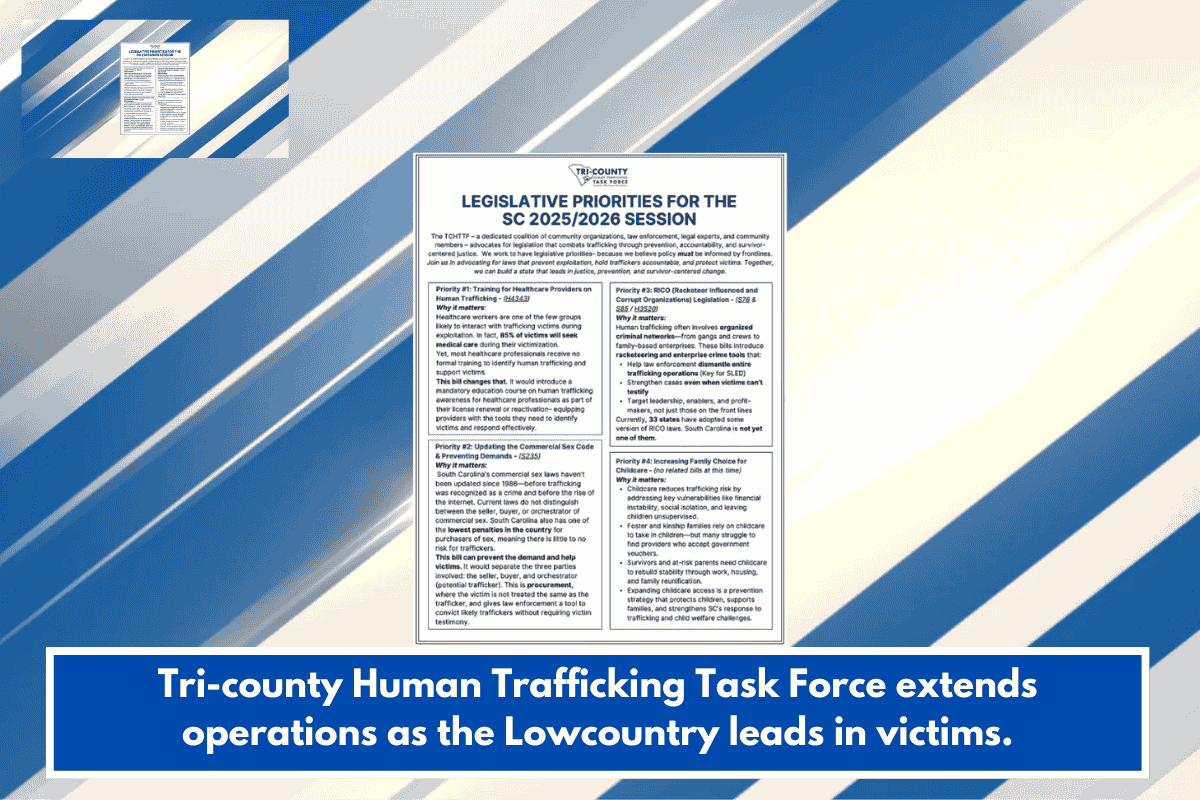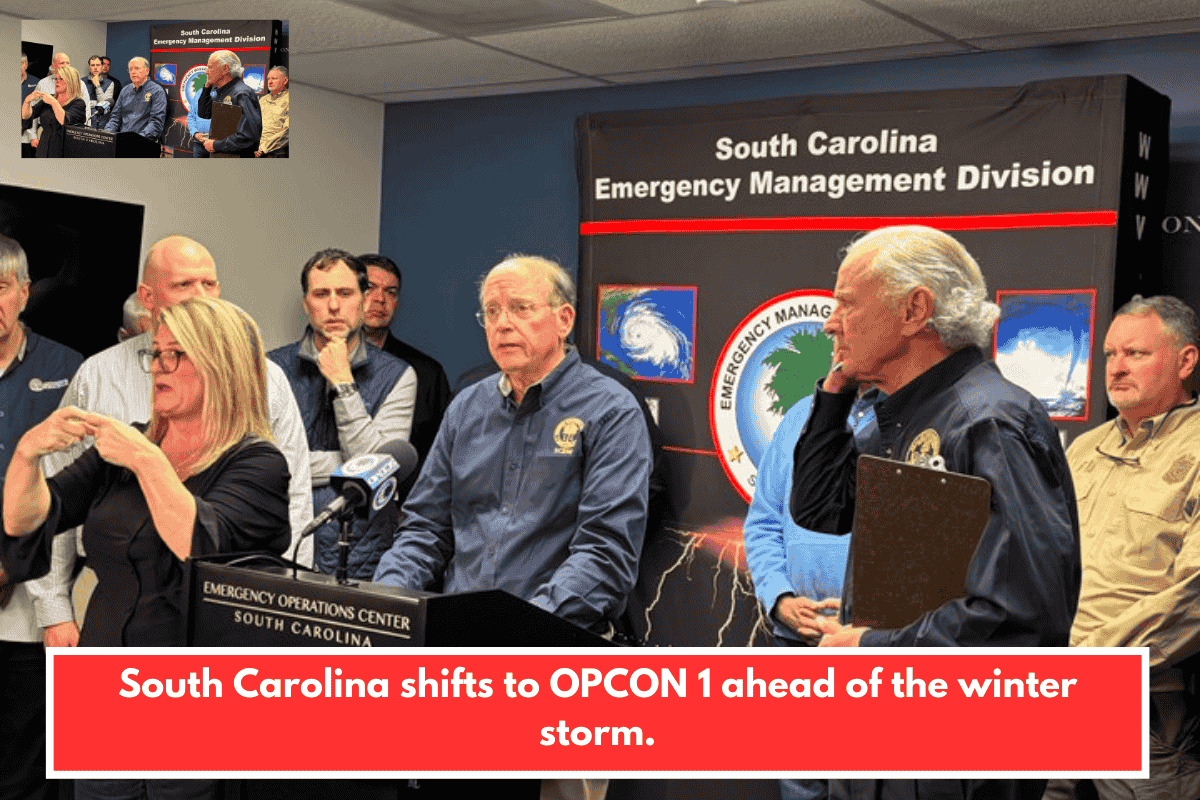Here are 11 reasons why living in Georgia might not be for everyone, focusing on real drawbacks that residents frequently mention:
- Hot, Humid Summers
Georgia’s summers are long, extremely hot, and oppressively humid, making outdoor life uncomfortable for much of the year and sending energy bills soaring due to constant air conditioning. - Severe Allergy Seasons
The state’s lush vegetation spells misery for allergy sufferers, with high pollen counts and lengthy seasons that leave many residents struggling during spring and fall. - Lots of Insects
Mosquitoes, fire ants, gnats, and even ticks thrive in Georgia’s climate, making outdoor activities challenging and sometimes requiring serious pest control measures. - Hurricane and Storm Threats
Coastal and even inland Georgia can be affected by hurricanes and tropical storms in summer and early fall, bringing risks of flooding, property damage, and power outages. - Traffic Congestion
Atlanta is notorious for some of the nation’s worst traffic jams, with long commutes and frequent gridlock in other growing metro areas as well. - Limited Public Transportation
Outside major cities, reliable public transit is scarce, so car ownership is almost a must—costly and inconvenient for those used to urban rail or extensive bus lines. - High Crime in Some Areas
Some parts of Georgia, especially in larger cities, face high rates of crime, ranging from property crime to more serious offenses—meaning research is needed before any move. - Disparities in Healthcare Access
Metro areas often have good hospitals, but rural Georgia may lack adequate, timely healthcare, with longer waits and fewer specialists. - Public School Inequalities
Rural schools can be underfunded and urban districts uneven, causing disparities in education quality and resources depending on county or district. - Long Commutes
Suburban sprawl in and around Atlanta means that daily life often involves hour-plus commutes, even for short distances as the crow flies. - Poor Air and Water Quality in Some Regions
Urban industrial zones (especially Atlanta) can have poor air days, and some rural areas experience boil-water advisories or runoff problems after storms.
These challenges, from climate and allergy woes to infrastructure gaps and regional disparities, mean Georgia might not be the right fit for everyone, despite its many strengths.
SOURCES
[1](https://www.sroa.com/blog/local-guides/pros-and-cons-of-living-in-georgia)
[2](https://www.travelsafe-abroad.com/pros-and-cons-of-living-in-georgia/)
[3](https://usafamilymoving.com/blog/moving-to-georgia-pros-and-cons/)
[4](https://www.redfin.com/blog/pros-and-cons-of-living-in-georgia/)
[5](https://thehonestlocal.com/pros-cons-living-georgia-moving/)

